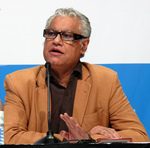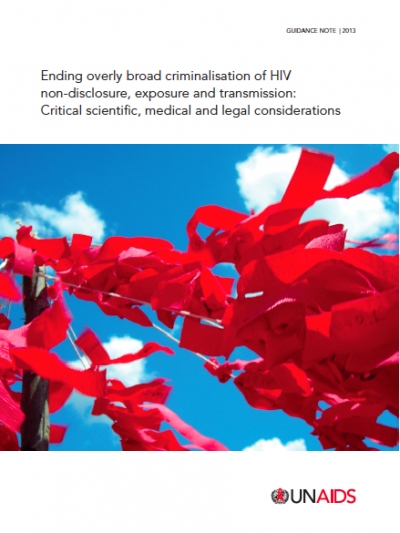 For world health day, Asia Catalyst called for attention to the situation of medical discrimination against people living with HIV/AIDS in Asia. Anand Grover, UN Special Rapporteur on the right of everyone to enjoyment of the highest attainable standard of physical and mental health and Director of the Lawyers Collective HIV/AIDS in India, joins in the call with his guest blog post. Anand Grover is pictured to the left. (more…)
For world health day, Asia Catalyst called for attention to the situation of medical discrimination against people living with HIV/AIDS in Asia. Anand Grover, UN Special Rapporteur on the right of everyone to enjoyment of the highest attainable standard of physical and mental health and Director of the Lawyers Collective HIV/AIDS in India, joins in the call with his guest blog post. Anand Grover is pictured to the left. (more…)
[NEWS] Guangdong Province Ends Mandatory HIV Testing for Teaching Candidates
By Mikaela Chase
Guangdong Province appears likely to be the first province in China to end mandatory HIV testing for prospective teachers. Currently, teaching candidates must take an HIV test as part of the required physical examination for teachers. Those who test positive for HIV/AIDS are effectively disqualified and banned from working in the education sector. On May 27, the Guangzhou provincial education department made public their revised health standards; as of September 1, people living with HIV/AIDS (PLWHA) will be able to work as teachers (along with other previously excluded groups, including applicants with physical disabilities). The issue of employment discrimination against PLWHA in China received international attention this January, when the Nanjing-based nonprofit Justice for All obtained compensation for the plaintiff in the first ever successful AIDS employment lawsuit.
[REPORT] UNAIDS Releases 2013 Guidance Note on Overly Broad Criminalization of HIV Non-Disclosure, Exposure, and Transmission

On May 28th, the Joint United Nations Programme on HIV/AIDS (UNAIDS) released their updated guidance titled Ending overly broad criminalization of HIV non-disclosure, exposure and transmission: Critical scientific, medical and legal considerations. The paper is a follow-up to their 2008 policy brief and details the results of two years of research, evidence-building, and policy dialogue. Key principles and considerations were outlined on the HIV Justice Network website upon release of the guidance. The paper advocates for ending overly broad HIV criminalization by ensuring that legal and judicial fairness are upheld, protecting the human rights of PLWHA involved in criminal cases, and expanding implementation of public health objectives over criminal prosecution wherever possible, using the best available scientific and medical evidence.
[REPORT] Human Rights Watch “Swept Away: Abuses Against Sex Workers in China” “扫除” 中国性工作者遭受侵害
Sex workers in China face many challenges making their voices heard. Because of the legal and social environment of widespread discrimination and stigma, sex workers are also particularly vulnerable to human rights abuses. Asia Catalyst is currently working with a partner organization in China to document sex workers’ experiences in “Custody and Education” (C&E) detention facilities, where sex workers and their clients can be held for up to two years without trial. We welcome the important new report from Human Rights Watch, Swept Away: Abuses Against Sex Workers in China, which not only provides a rare opportunity to hear the voices of sex workers themselves, but also highlights arbitrary detention as one of them many abuses they face. HRW rightly notes that although the Chinese government announced that it plans to “stop using” the Re-education Through Labor (RTL) administrative detention system at some point in 2013, it has remained silent with respect to C&E and forced drug detoxification centers.
The full report in English in PDF format is available here: “Swept Away: Abuses Against Sex Workers in China.”
Summary and Recommendations in Simplified Chinese (中文) in PDF format is available here:
[COMMENTARY] Opportunities and Challenges-Women’s NGOs in China
By Shen Tingting




